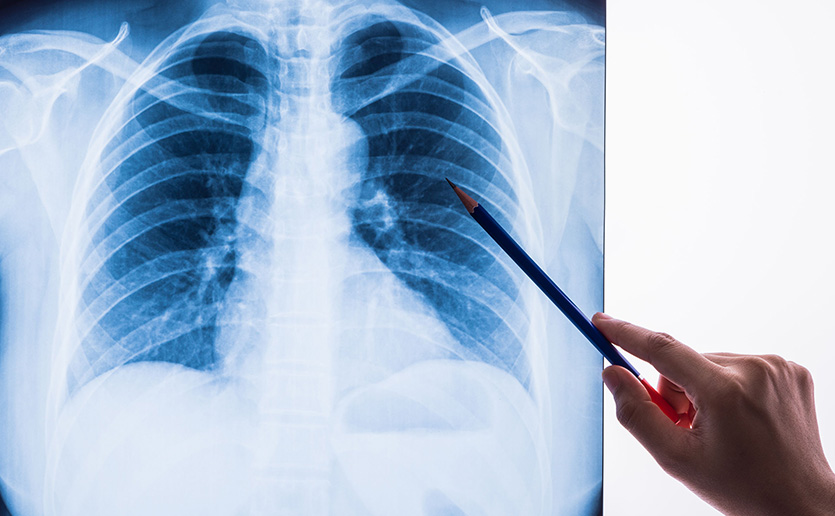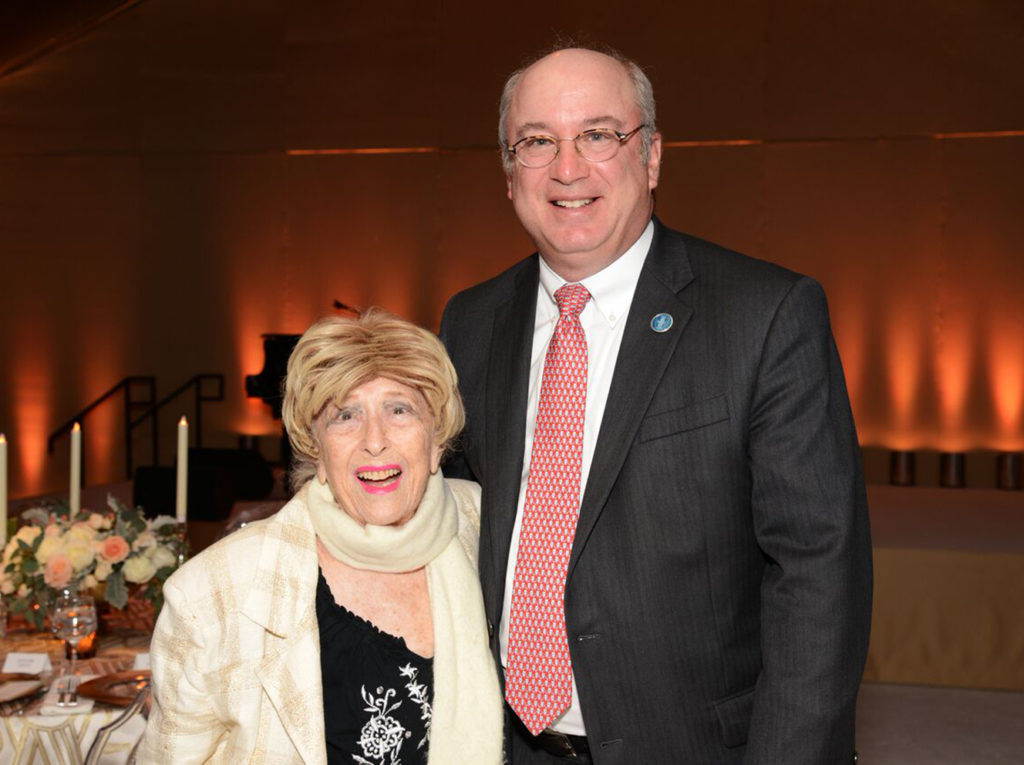Part of what makes Bill Belichick a great football coach is his ability to review game film from other teams and identify patterns and trends that the New England Patriots can use to their advantage on game day.
While all NFL coaches have access to the same footage, Coach Belichick has a unique blend of experience and expertise that enables him and his staff to catch things that others may miss.

What if the same approach could be used in health care? In this, the game film would be information contained within thousands of patient health records that could reveal untapped patterns and trends that could create health risks down the line.
Help from Artificial Intelligence
While one person may not be able to analyze and process all that information, computers powered by artificial intelligence (AI) can help.
A team of researchers from Massachusetts General Hospital, led by Michael Lu, MD, MPH, recently created a new AI-powered tool that can help predict a patient’s future risk of heart disease, lung cancer and other disorders by analyzing the results of standard chest x-rays.
The tool, called CXR-risk, was trained by analyzing 85,000 chest x-rays from 42,000 subjects paired with data on the subject’s survival rate over a 12-year period. The goal was for the tool to “learn” the features of a chest x-ray that best predicted a patient’s future health and risk of death.
Analyzing Chest X-rays
To validate the tool, the team then had it analyze chest X-rays from 16,000 additional patients and assign a risk level to each one. They found that 53% of those identified as high risk died in the 12-year period after the x-ray was taken, compared to fewer than 4 percent of those labeled as very low risk.
“It’s information that’s already there that we’re not using, that could improve people’s health.”
It may be possible to improve outcomes for these at-risk patients through earlier screening and preventive medicine, the researchers say.
The team’s findings were published in JAMA Network Open recently.
Dr. Lu, the director of research for the Division of Cardiovascular Imaging at Mass General, believes that the tool will be even more accurate when it combines data from chest x-rays with other risk factors, such as genetics and smoking status.
“This is a new way to extract prognostic information from everyday diagnostic tests,” he says. “It’s information that’s already there that we’re not using, that could improve people’s health.”
To learn more about how you can support the work of Mass General researchers like Dr. Lu, please contact us.
This story first appeared on the Mass General Research Institute Blog.
The Research Institute: Saving Lives Through Science
 The Massachusetts General Hospital Research Institute is the largest hospital-based research program in the United States, with a community of more than 8,500 people working across more than 30 institutes, centers and departments.
The Massachusetts General Hospital Research Institute is the largest hospital-based research program in the United States, with a community of more than 8,500 people working across more than 30 institutes, centers and departments.
Our researchers work side-by-side with physicians to pioneer the latest scientific advancements for curing disease and healing patients in Boston, across the United States and around the world.
To learn more about the Research Institute, please visit our website.





